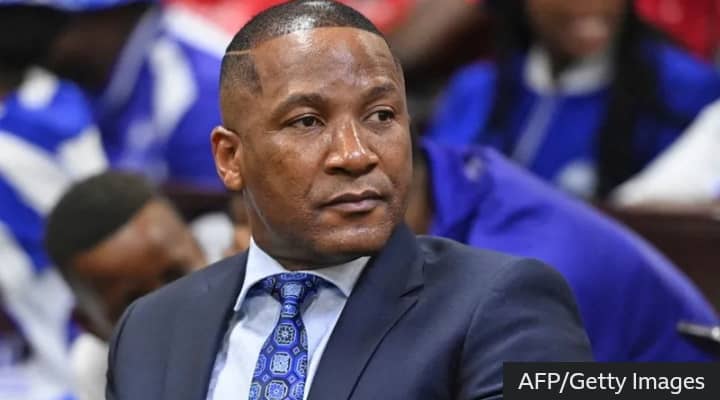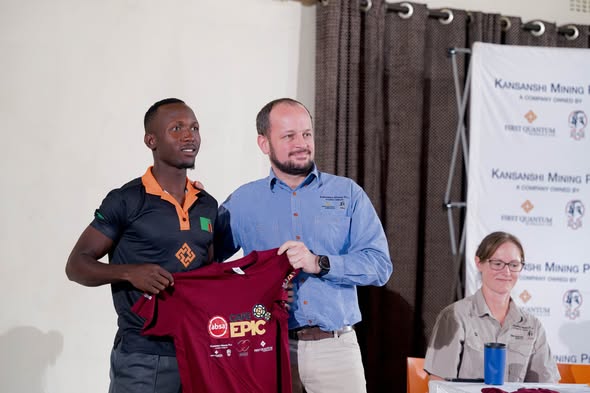Botswana has declared a public health emergency as it faces a shortage of essential medicines and medical equipment.
President Duma Boko made the announcement in a televised address on Monday, setting out a multimillion-dollar plan to rectify the supply chain involving military oversight.
Managing the shortages would be “highly price sensitive due to our limited coffers”, he told the nation.
The economy of Botswana, which has a population of 2.5 million, has been hit by a downturn in the international diamond market, as it is one of the world’s leading diamond producers. This strain, further fuelled by US aid cuts, has seen high levels of unemployment and poverty, according to media reports.
“The work shall remain nonstop until the entire value chain of procurement has been fixed,” Boko said in his address, announcing that the finance ministry had approved 250m pula (£13.8m, $18.3m) in emergency funding.
The president, a 55-year-old Harvard-trained lawyer, made history when his Umbrella for Democratic Change (UDC) won a landslide in elections at the end of last year, ousting the party that had governed for 58 years.
Before taking office, he said his main focus would be to fix an economy too reliant on diamonds.
Botswana’s politician who did the unthinkable
Botswana to legalise undocumented Zimbabweans – president
Earlier this month, the country’s health ministry said that it was facing “significant challenges”, including medical shortages and debts of more than 1bn pula (£55.2m).
The bulk of these debts was due to patients being admitted to private hospitals for services that were not publicly available.
Shortages listed by the Health Minister Dr Stephen Modise included medicines and supplies for managing cancers, HIV treatments and tuberculosis among others.
Before the cuts to US aid issued by President Donald Trump, the US funded a third of Botswana’s HIV response, according to UNAIDS.
The Ministry for Health also temporarily suspended referrals for elective surgeries and non-urgent medical conditions as a result of these challenges, including organ transplant surgeries.
But the government remained positive.
“I have no doubt that soon, very soon, we will overcome. This is definitely not insurmountable,” Dr Modise said.
As part of the military’s distribution efforts, the first trucks were due to leave the capital, Gaborone, on Monday and arrive in remote areas by the evening, Reuters news agency reported.
The UN children’s agency (Unicef) has called for “urgent action” in the country to “protect the health and future of every child in Botswana”.
It note









Leave a Reply